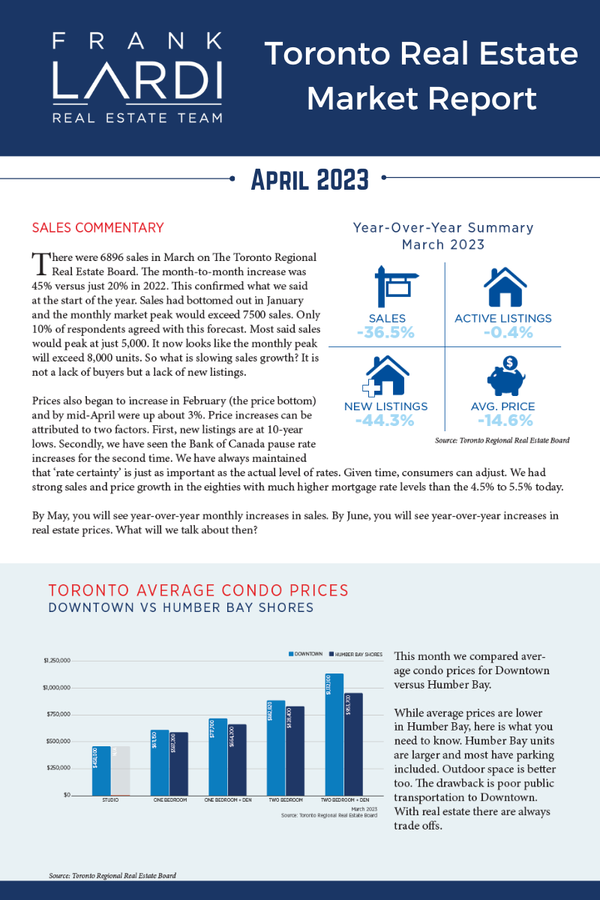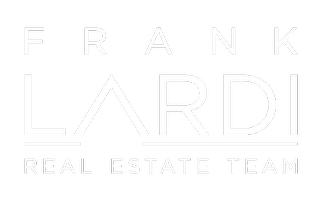A quick guide to increasing the rent on an investment property
In Renting Your Condo on AirBnB – The Good, The Bad, and The Ugly, we talked about the ups and downs of renting your property by the night using websites like Airbnb. For many investors, the potential challenges they may encounter with the condo board, the CRA, and their insurance carrier, is just too much of a hassle. As a result, they prefer to focus on the more traditional 12-month unfurnished rental model.
The questions I get asked the most often, especially by new landlords who have just signed a 1-year lease with a tenant, are “…when, how, and by how much can I increase the rent.” So, I thought I’d put together a quick guide for your review:
A Quick Guide To Increasing The Rent On An Investment Condo
1.) How often can a landlord increase the rent?
A landlord can increase the rent only once every 12 months.
2.) How much can a landlord legally increase the rent annually?
Before the provincial government passed the Ontario Fair Housing Plan in June 2017, rental rates could be increased at the discretion of the landlord for any properties first occupied for residential purposes on or after November 1, 1991. In other words, there was no limit to annual rent increases for a significant percentage of condos in existence in Toronto today.
However, the legislation passed by the Liberal government in 2017 expanded rent controls to include all rental properties, regardless of when they were first occupied. More specifically, the new rules required that any increase in rental rates could not exceed the Ontario Ministry of Municipal Affairs and Housing annual guideline, which generally lands between 1 and 3%. The guideline is the maximum landlords can raise rental rates without the approval of the Landlord and Tenant Board.
To confuse things further, the rules changed again once the Ford government was elected in 2018. The Conservatives implemented an exception to the rent control guidelines. Under the revised rules, any apartment, condo unit or basement suite occupied for the first time for residential purposes after November 15, 2018, is exempt from rent control. In other words, there is no legal limit on how much landlords who own properties occupied after November 15th, 2018 are able to raise rent annually.
3.) Does a landlord need to provide a tenant notice to increase the rent?
Yes, a landlord must provide a tenant with at least 90 days written notice of a rent increase. The notice must include the amount of the new rental rate and when it will take effect.
Other Frequently Asked Questions:
i.) If a tenant is late with their rent, what can a landlord do?
If a tenant does not pay rent on time, a landlord can give notice to end the tenancy early the day after the rent was due. If rent is paid monthly, this notice gives the tenant 14 days to pay the outstanding amount or move out. If the rent is not paid, or the tenant does not move, the landlord can apply to the Landlord and Tenant Board (LTB) for an order that:
-requires the tenant to pay the rent that is owing, and
-evicts the tenant if they do not make the entire payment by a specified deadline.
ii.) Can a landlord collect a rent deposit and/or a damage deposit?
A landlord can collect a rent deposit, in the amount of no more than one 1 month’s rent, as long as he/she asks for it on or before the day that the landlord and tenant enter into the tenancy agreement.
A landlord cannot collect a damage deposit and cannot use the rent deposit to cover the cost of any damage to the property. If the tenant has damaged the unit, a landlord can give the tenant a notice of termination and/or ask them to pay for the damages. If the tenant doesn’t pay, the landlord can apply to have the LTB determine if there are damages and what should be done about them.
iii.) Does a landlord have to provide a tenant with rent receipts?
A landlord is required to provide a tenant receipts for rent if the tenant requests them.
A rent receipt must include:
-the address of the rental unit
-the name of the tenant(s)
-the amount and date for each payment
-the name of the landlord
-the signature of the landlord or the landlord’s agent
I hope you found this instalment of the Condo Millionaire series entertaining and informative. In the event that you have any questions about the article, are looking for assistance buying or selling real estate, or have friends or family members looking for a referral to a professional Realtor, please don’t hesitate to get in touch. I’d be happy to help in any way that I can.
Click here to read the next instalment: The Tarion New Home Warranty Explained
Categories
Recent Posts










GET MORE INFORMATION

